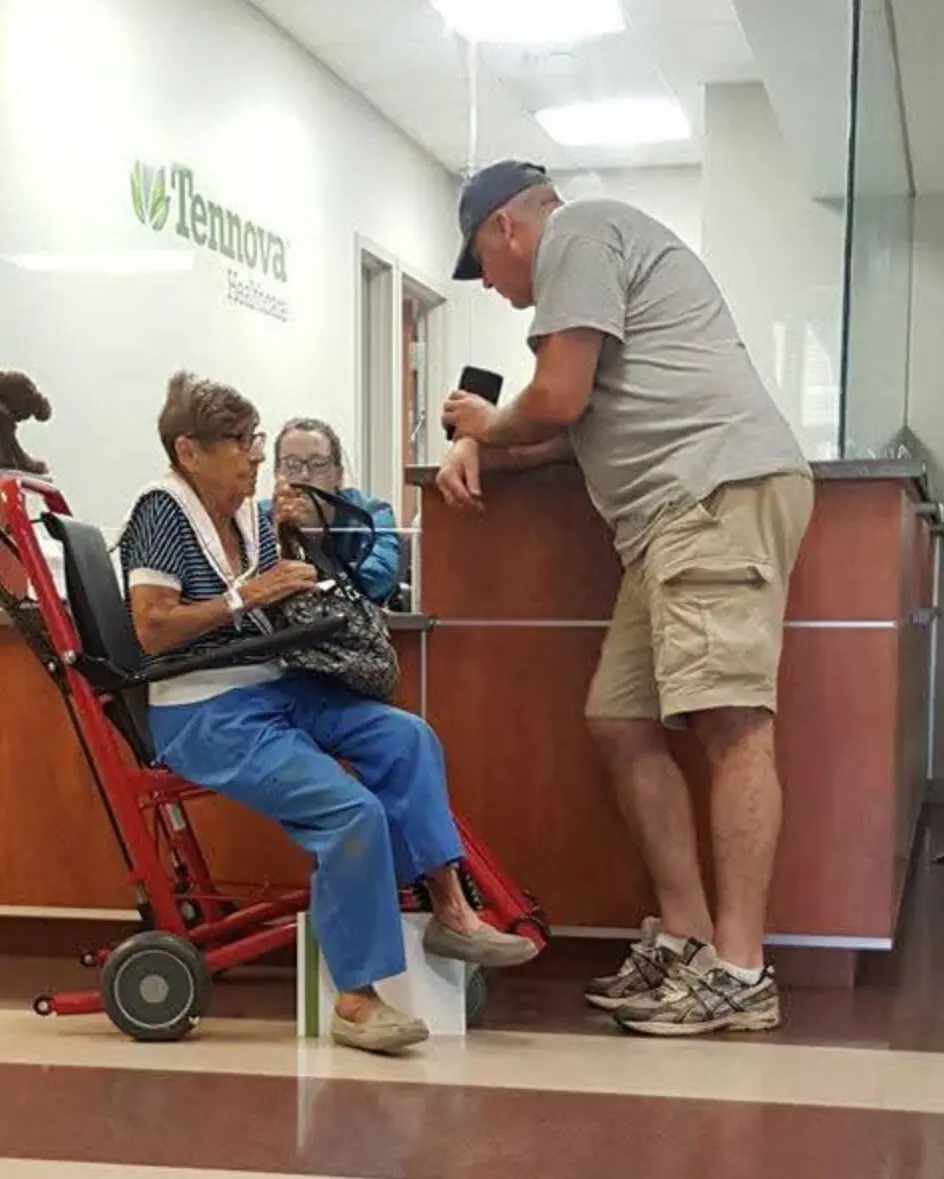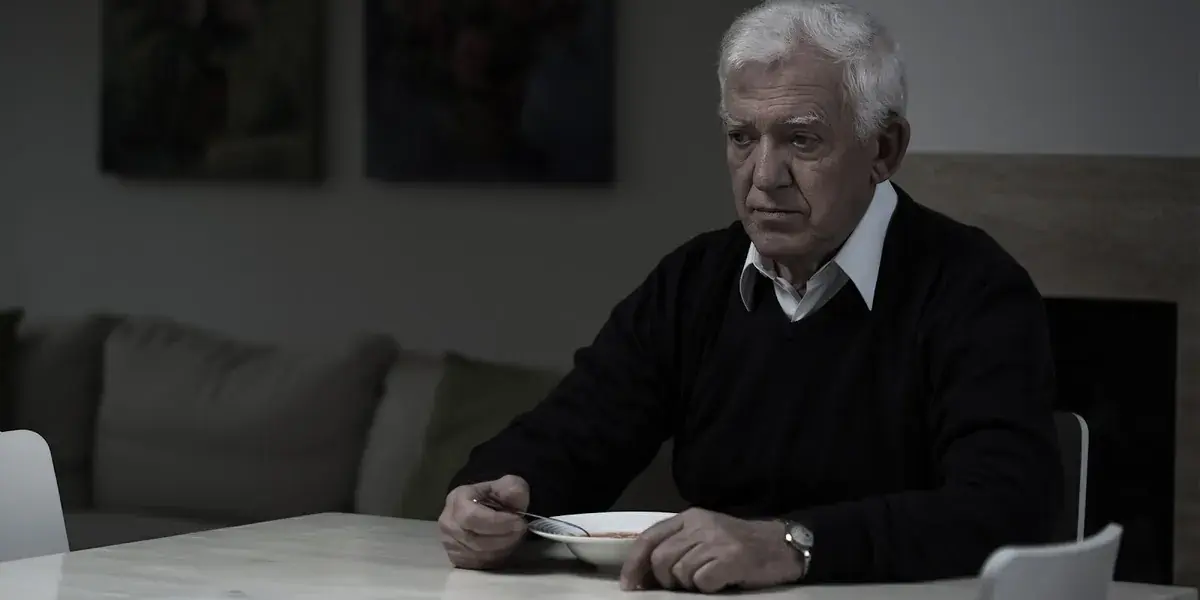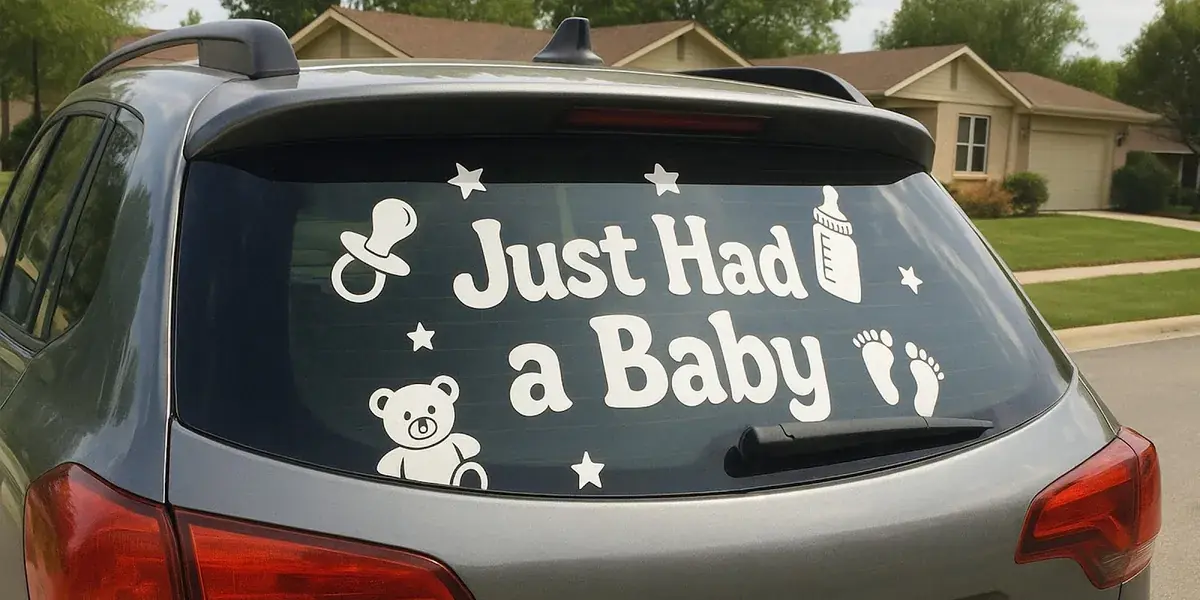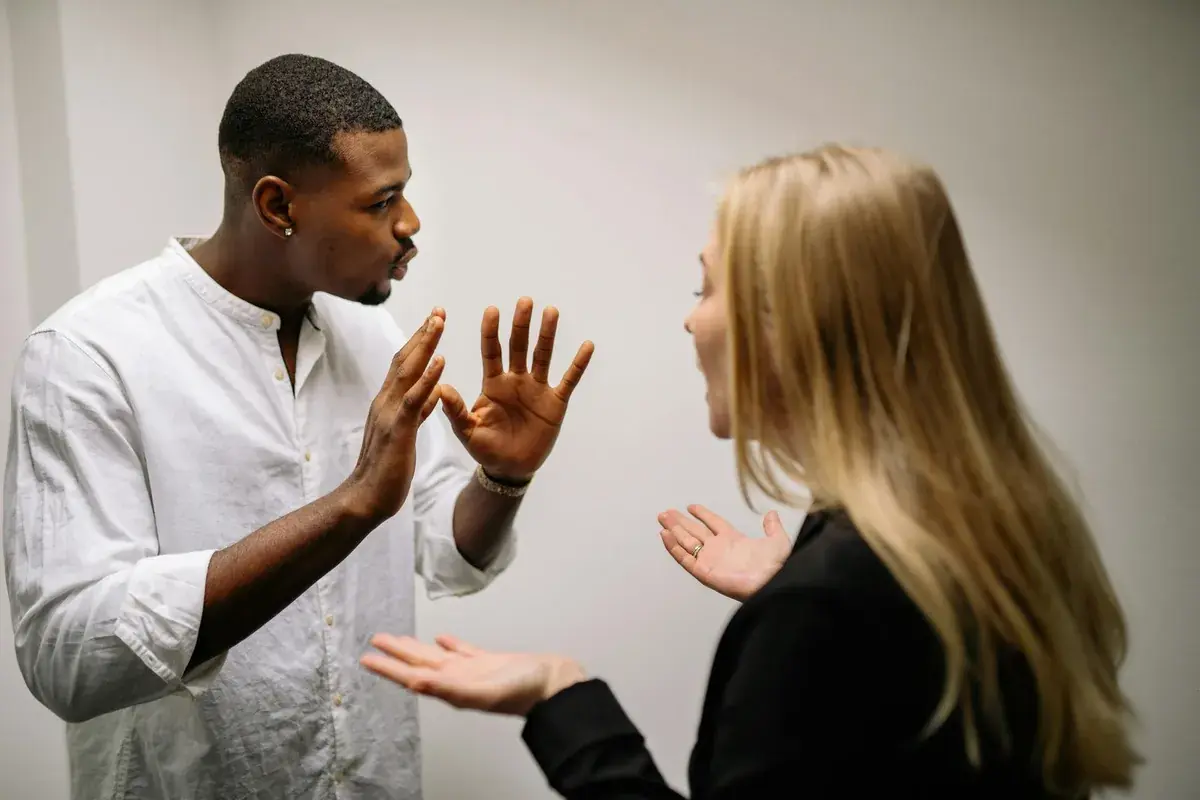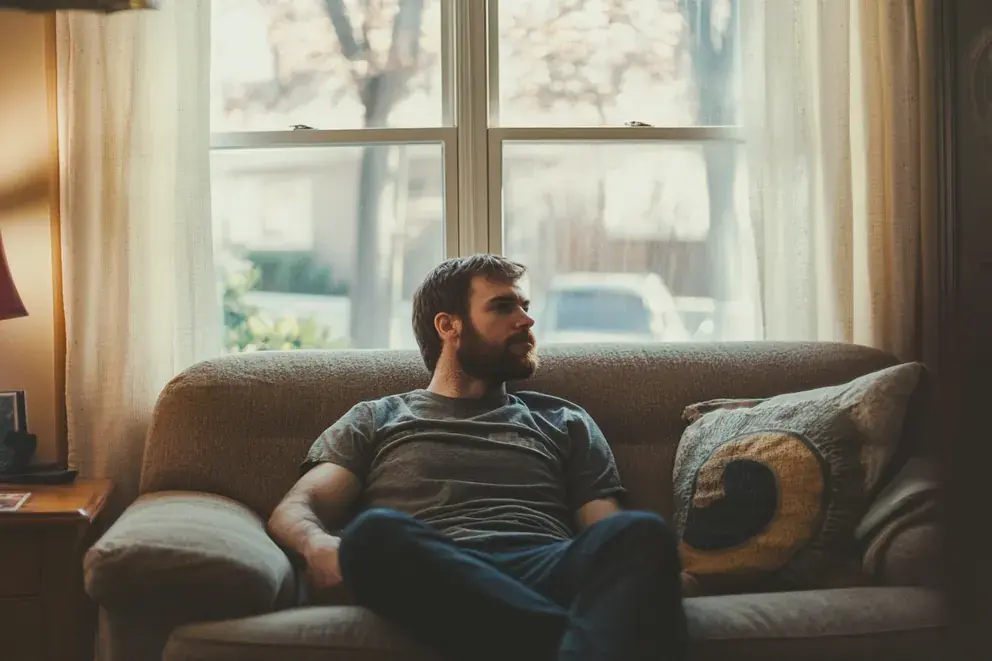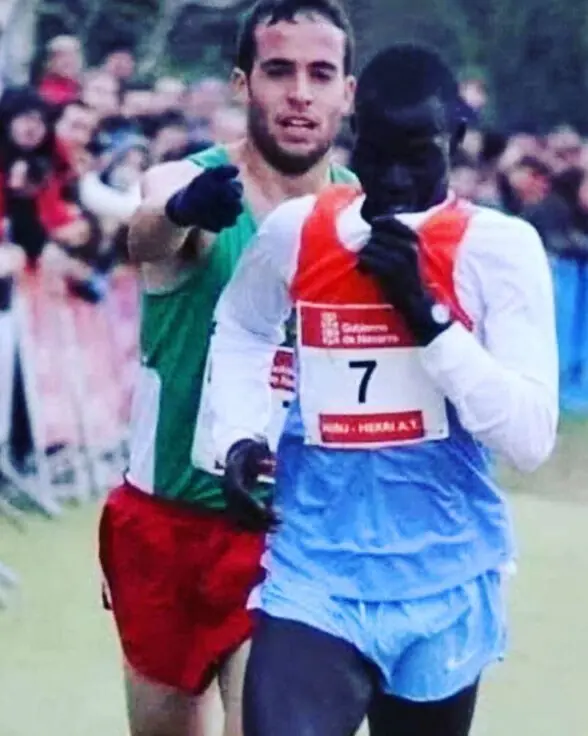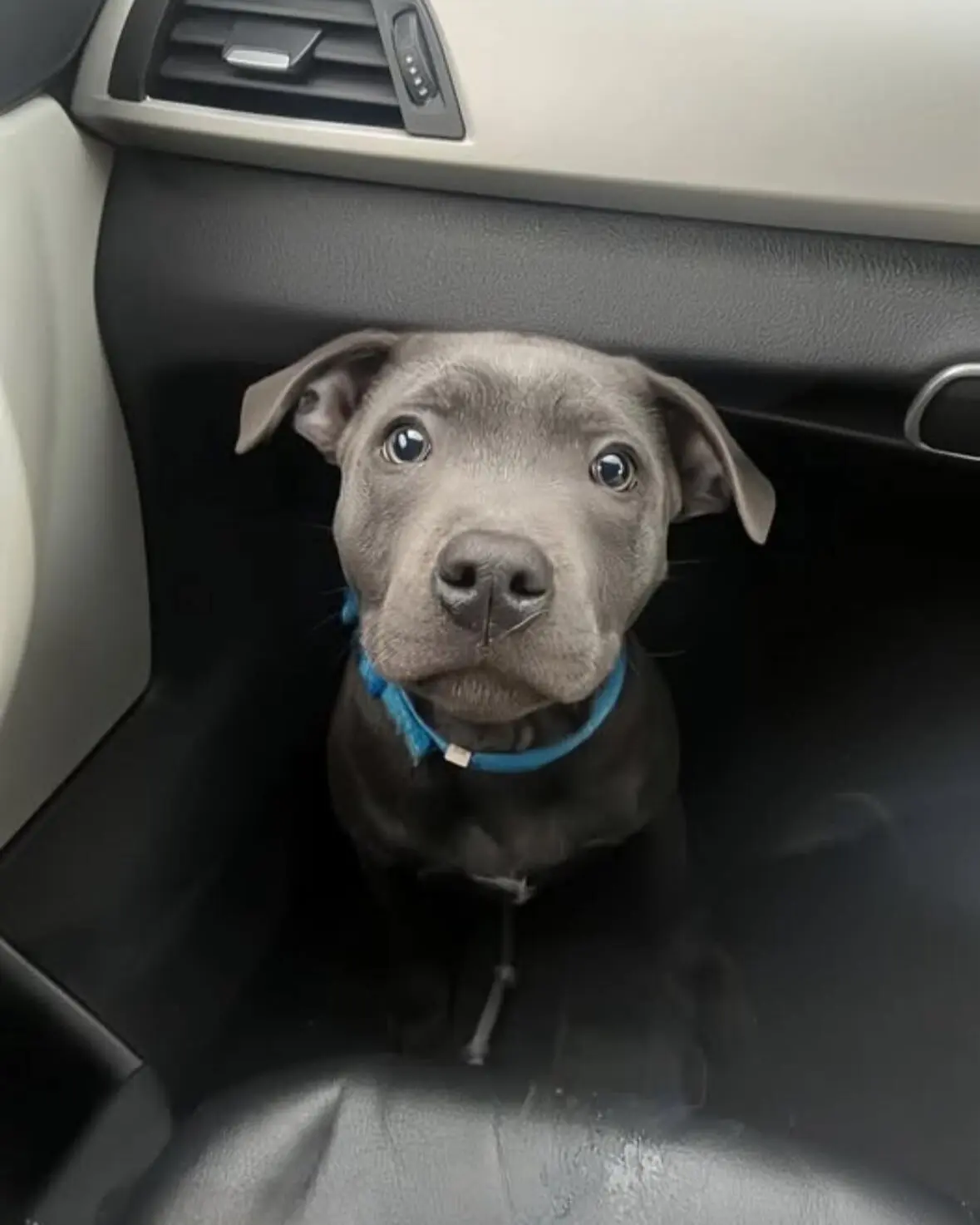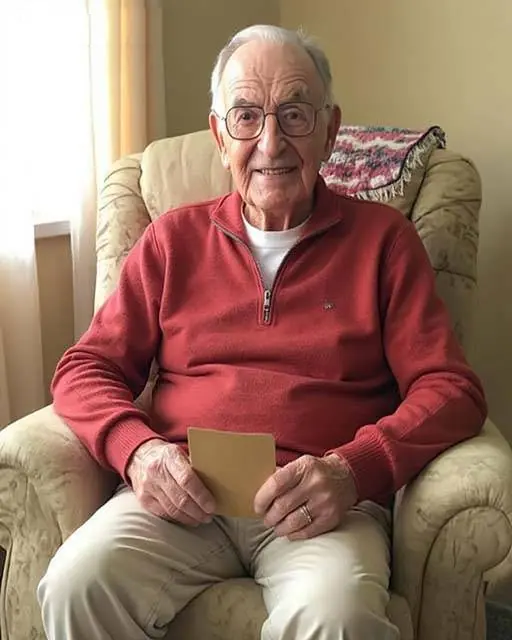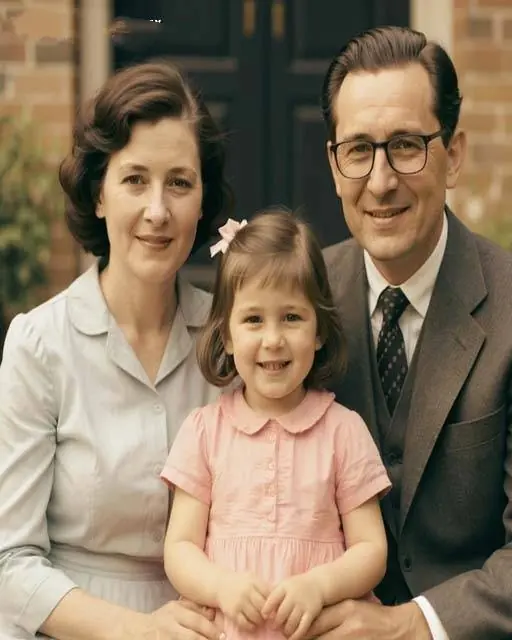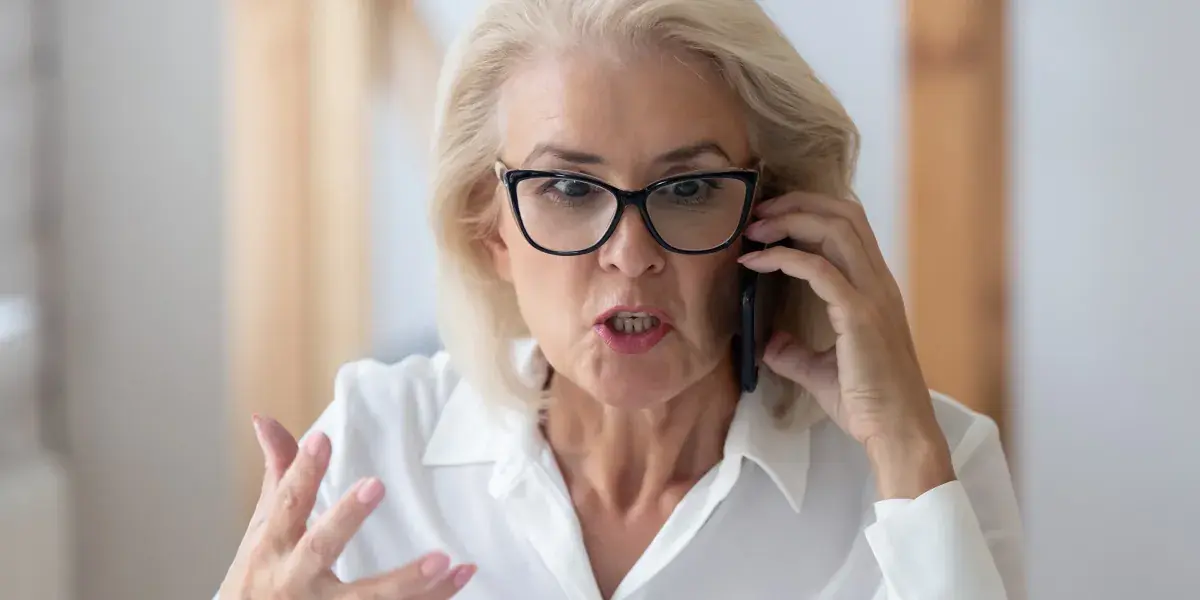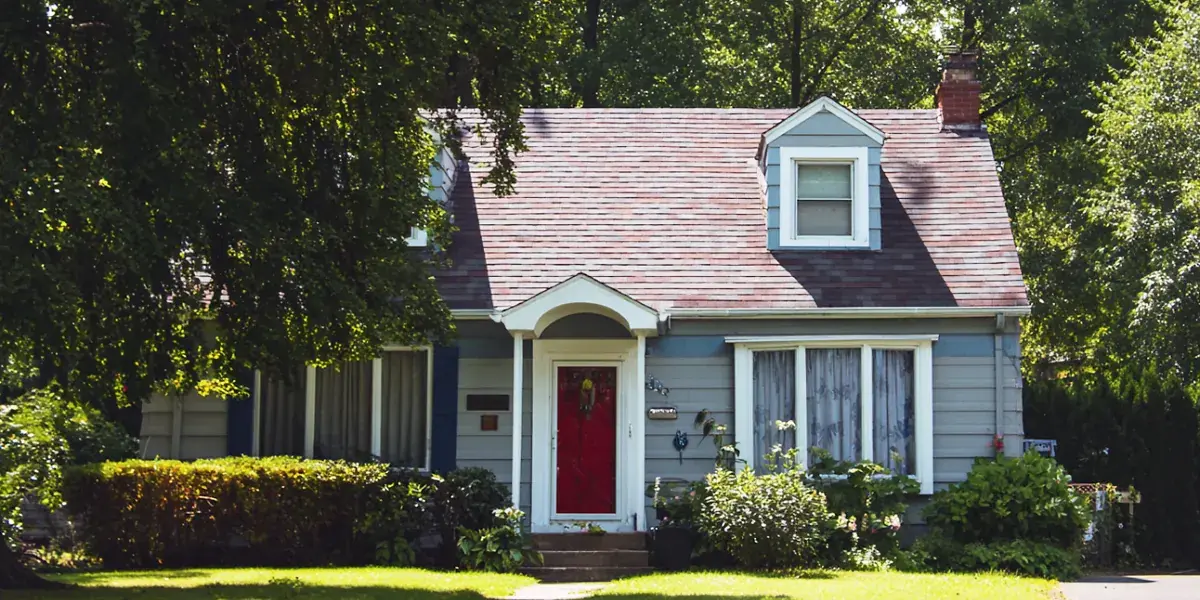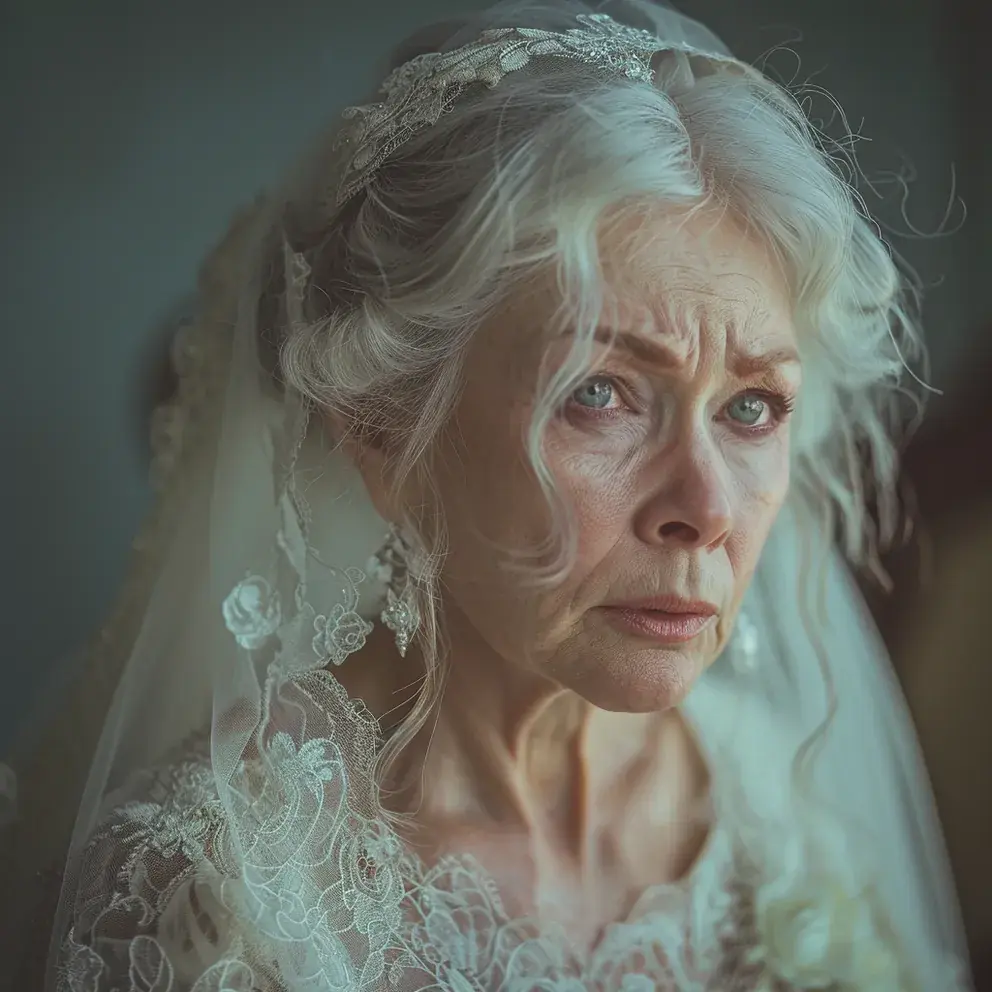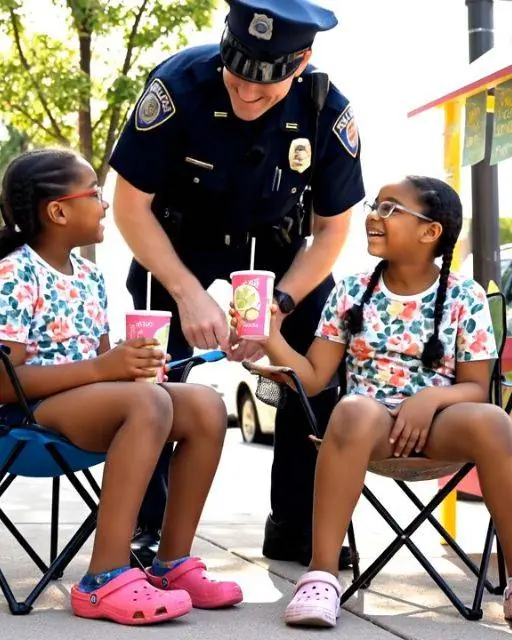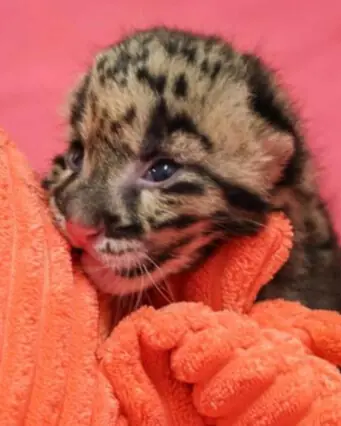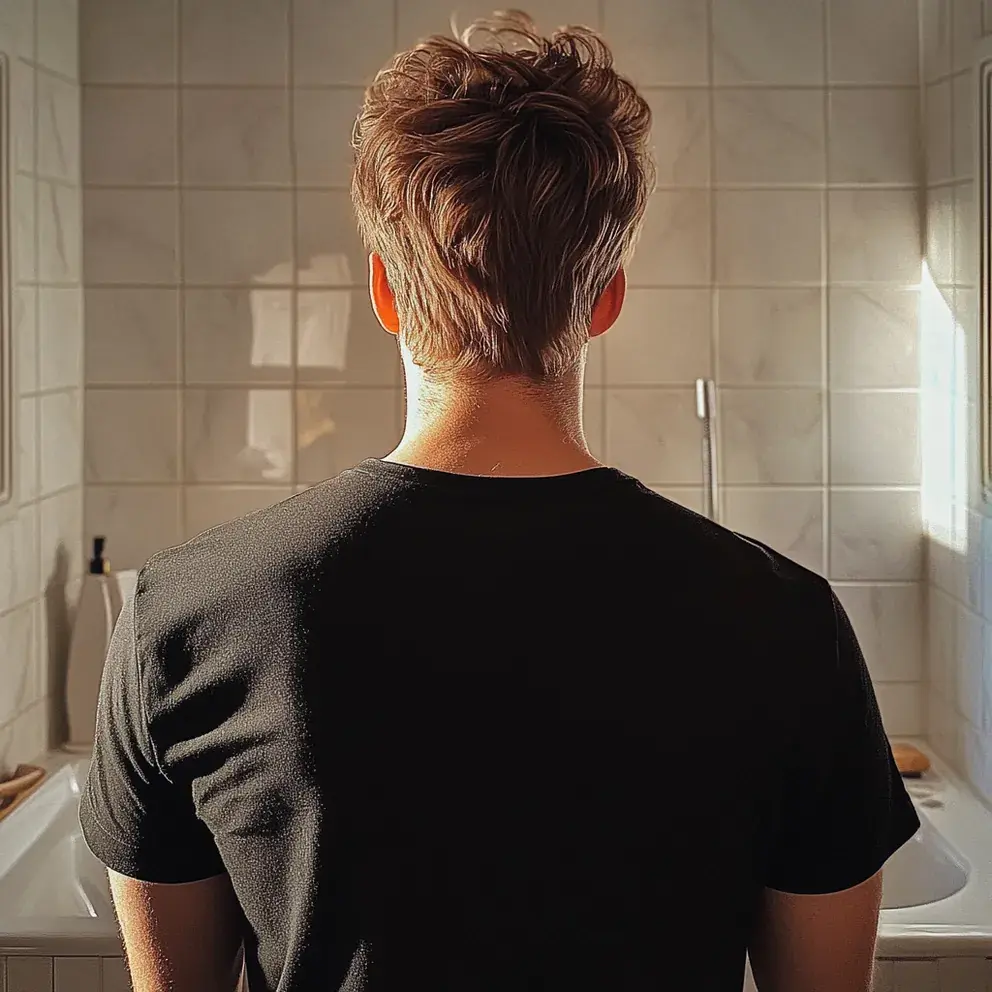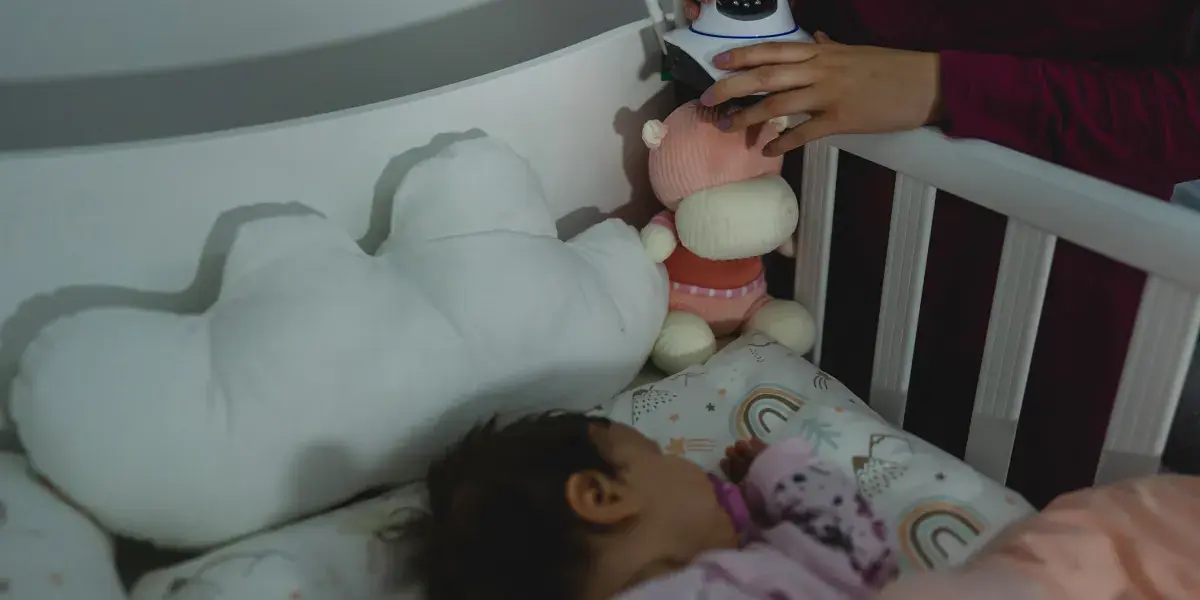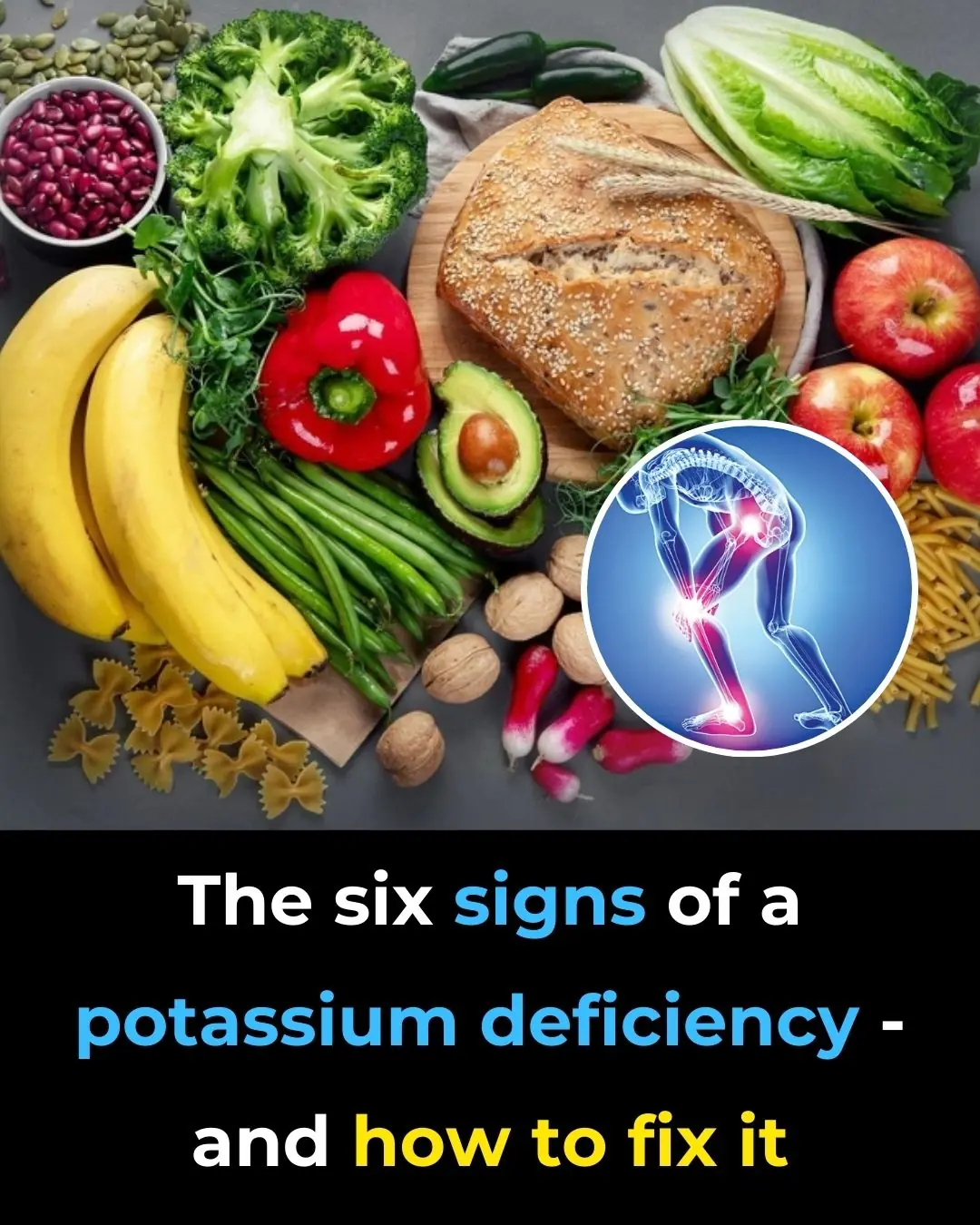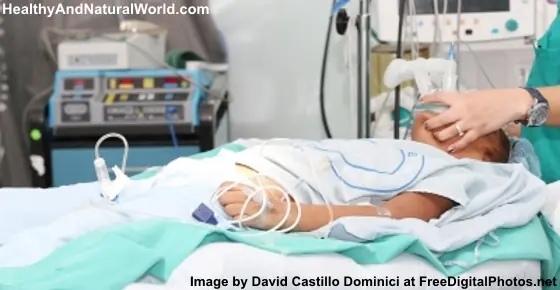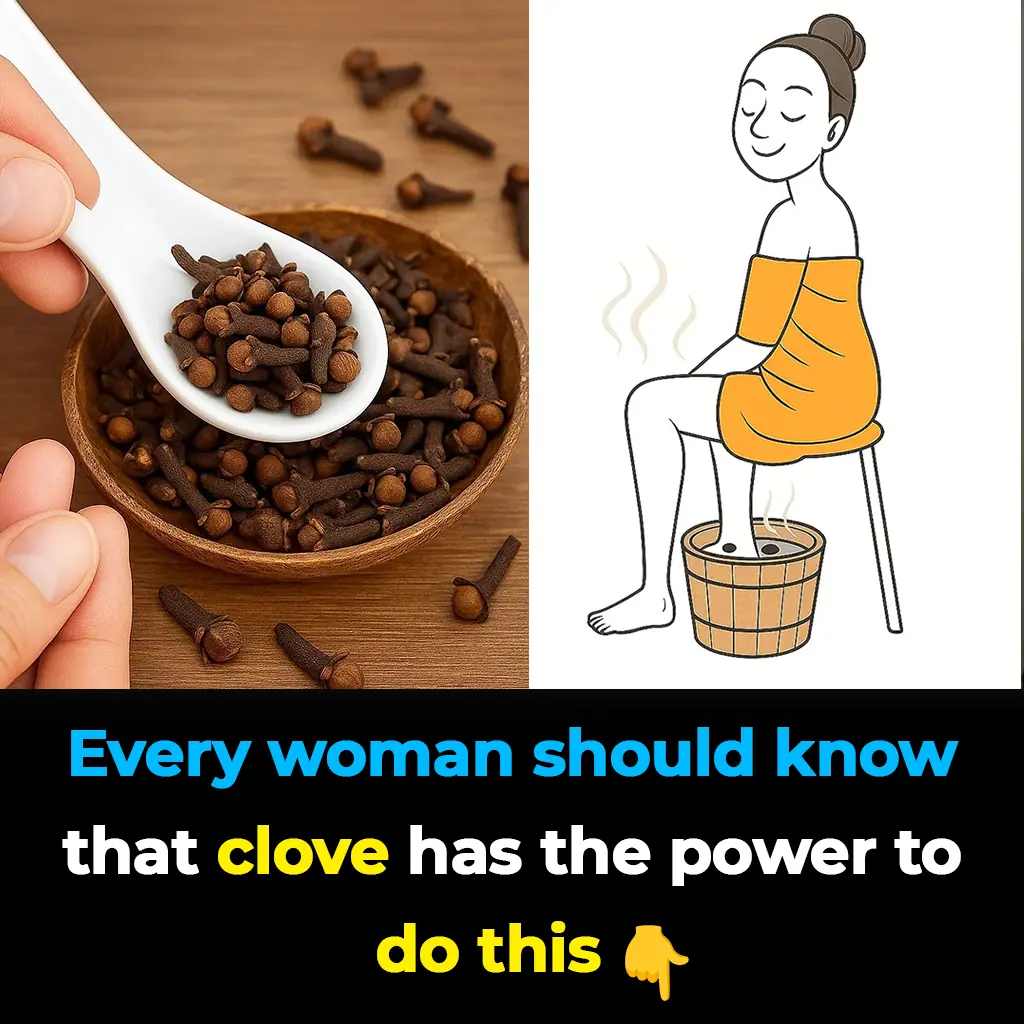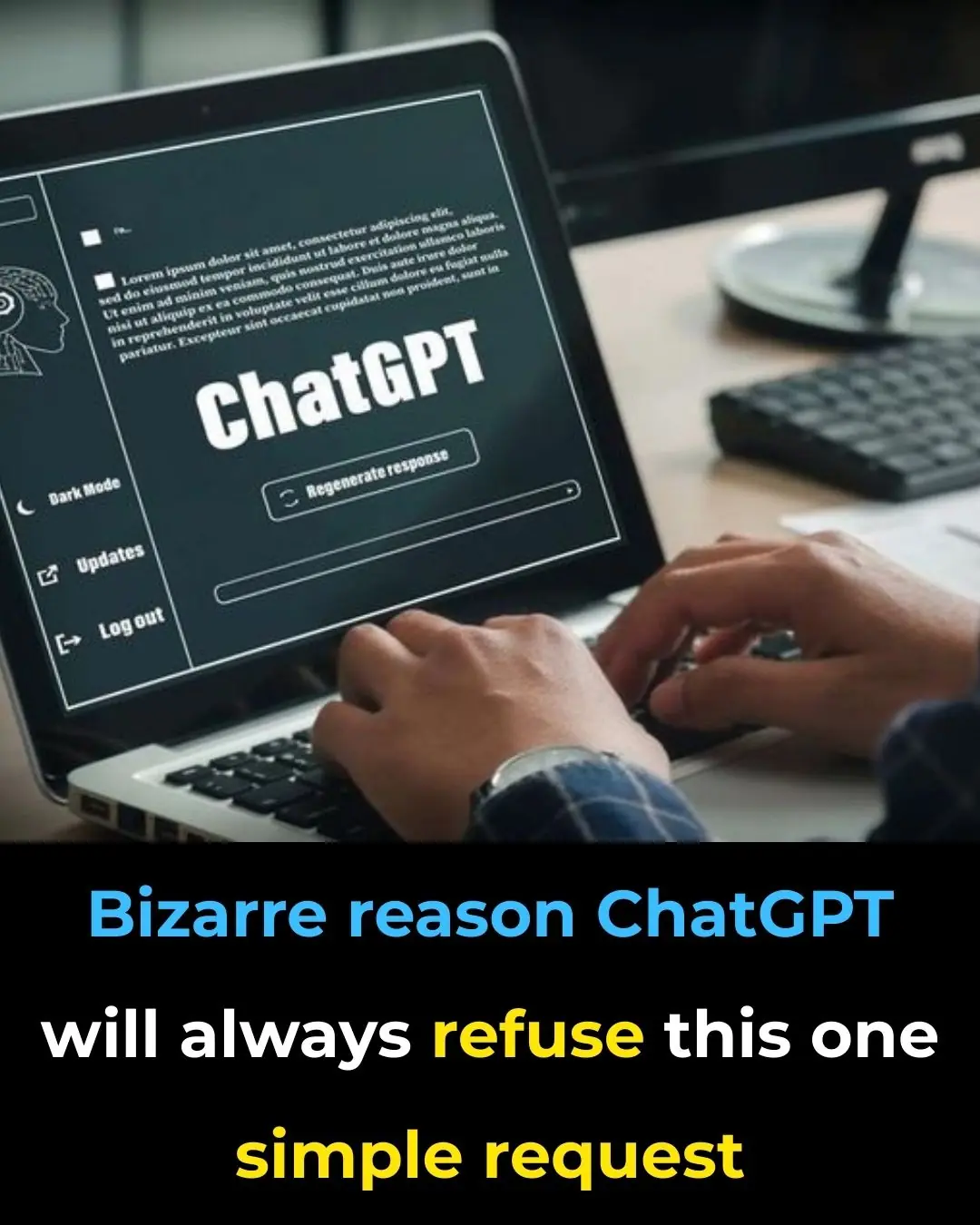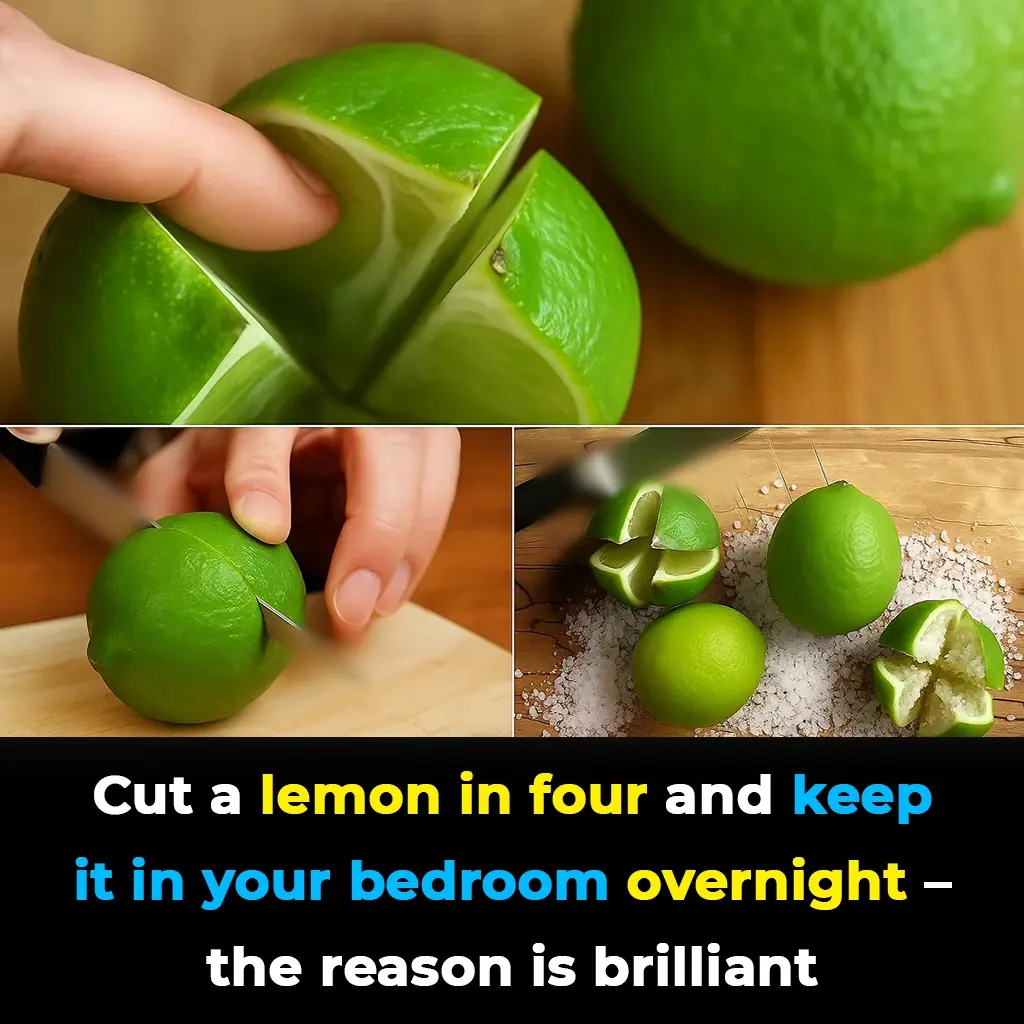On my birthday, I sat alone at a candlelit table for two—once again. Three years, three no-shows, and a husband who was always "running late" with one excuse after another. But that night, I’d had enough. I told him it was over... and I thought I meant it. That is, until I learned the truth he'd been hiding all along.
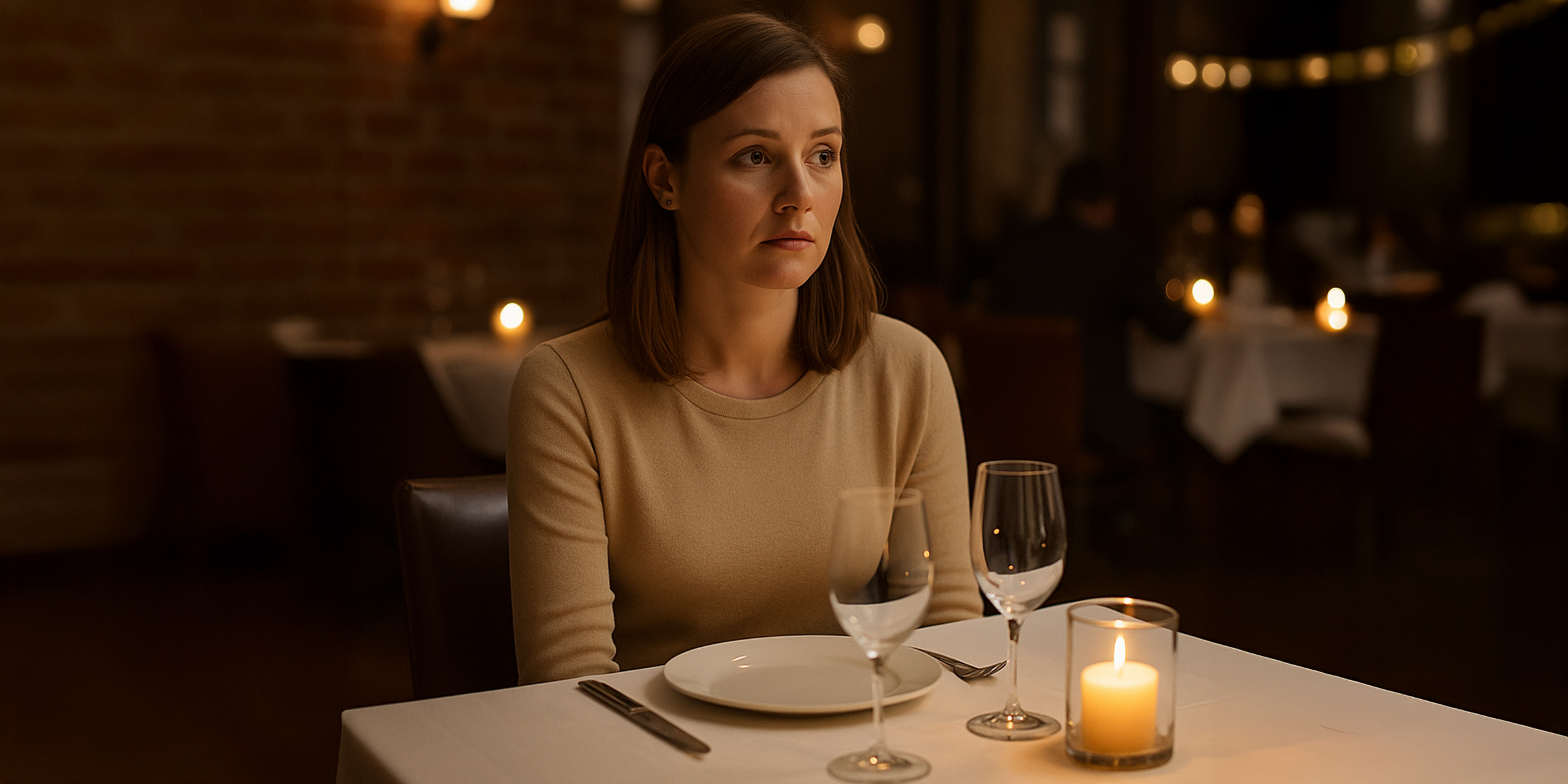
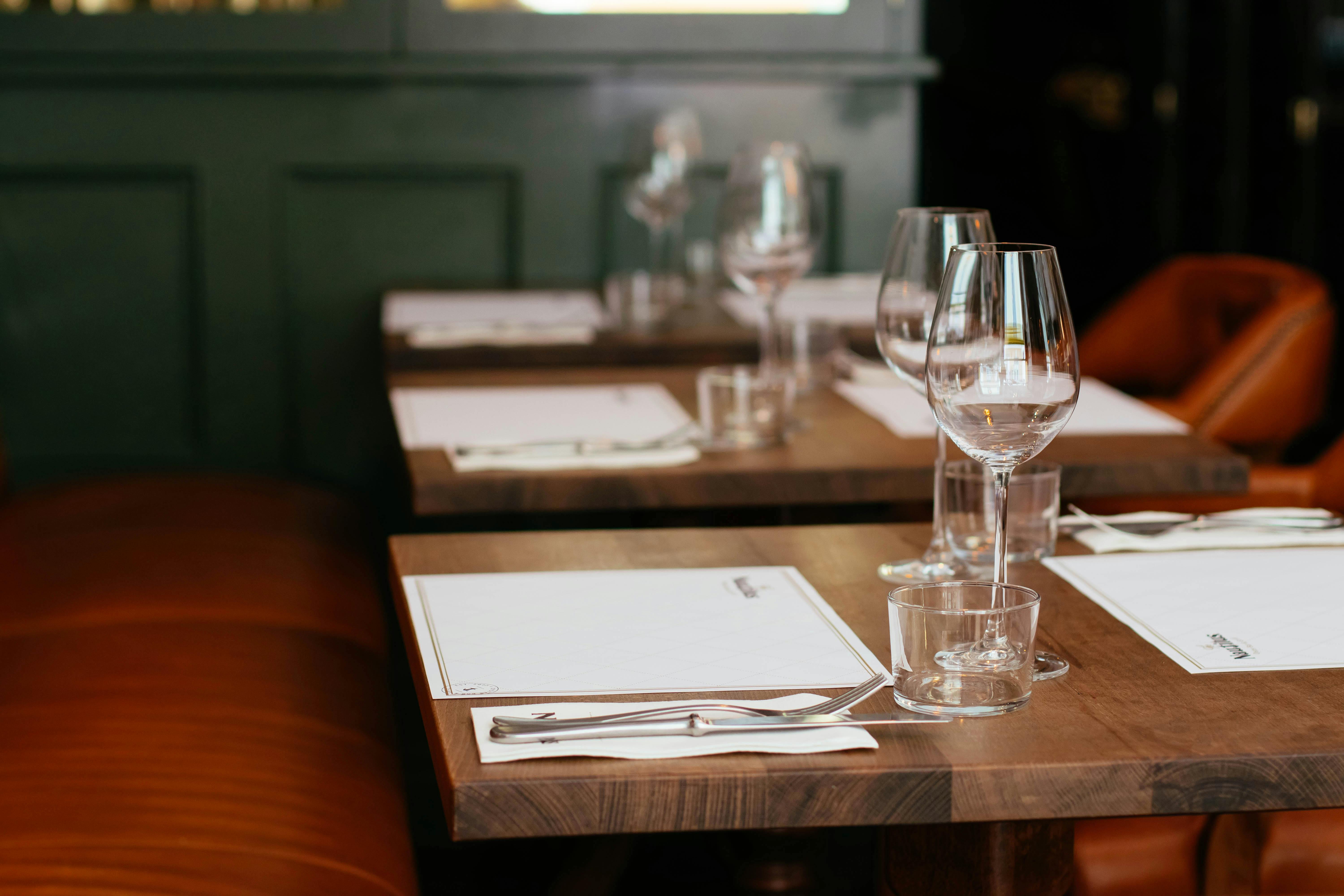
For illustration purposes only. | Source: Pexels

For illustration purposes only. | Source: Pexels
The corner booth was tucked away, just like I preferred it—far from the noise, close enough to the window where I could watch the world go by. The brick walls whispered a quiet, cozy comfort, as though they held the secrets of time itself.
The soft strains of old jazz floated down from overhead speakers, slow and smooth, like a heartbeat in the room. I used to love this place.
The candle flickered on my table, its wax slowly pooling at the base. It was half gone—just like the wine in my glass.
The seat across from me remained untouched. No sign of life. Not even a crease in the napkin.
The waiter had already passed by twice. Each time, he asked if I was ready to order. Each time, I’d said, “Just a few more minutes.”
But when he came around the third time, his smile had shifted. It was the kind of smile you give someone when you start to feel sorry for them.
“Are you ready to order, ma’am?” he asked gently.
I didn’t look up immediately. I just stared at the empty chair across from me.
Then, with a forced smile that didn’t quite reach my eyes, I replied, “I’ll be leaving soon.”
He nodded, his face softening as he stepped back. But I could feel the pity in the air, filling the space where celebration should’ve been.
I folded my napkin carefully, as if it mattered.
Slipping my purse over my shoulder, I stood up. My heels echoed sharply against the tile floor, as if every step counted, like a ticking clock reminding me of how much time had passed.
As I passed tables filled with couples clinking glasses, laughing softly, lost in their little world, I couldn’t help but feel like an outsider—left behind.
The night air hit me as soon as I stepped outside. It was a biting cold, the kind that makes you feel awake, even when you don’t want to be.
“Sarah!”
I froze.
I turned around. There he was. Mark. My husband. Out of breath, his tie askew, his hair windblown.
“I’m so sorry,” he said. “There was traffic and I—”
“No,” I said, the words freezing in my throat. “You don’t get to do this again.”
“I tried—”
“You’ve tried for three years, Mark. Three birthdays. Each time you were ‘busy,’ or ‘late,’ or ‘forgot.’ I’m done.”
“I didn’t mean to—”
“I don’t care,” I interrupted, my voice breaking but still steady. “I’m your wife. I deserve more.”
He looked away, his face tightening.
“You’ll be getting divorce papers tomorrow,” I said, my words sharp, and I turned to walk away. My heels clicked against the pavement, echoing through the night. He didn’t follow. He just stood there, alone, under the streetlight.
Two weeks later, after the divorce papers had been signed, the silence in my house no longer felt sharp—just numb. I was sitting with a cup of lukewarm coffee, folding towels, when there was a knock at the door.
I opened it to find Evelyn, Mark’s mother, standing on my doorstep.
I didn’t expect her.
She looked different. Gone was her usual neat, judgmental demeanor. Her hair was frizzed from the wind, and her face—usually taut with pride—was now drawn, soft, as if carrying a burden.
“I know I’m not your favorite person,” she said, gripping her purse with both hands, her eyes hesitant.
“And I know you probably don’t want to see me. But I need to tell you something.”
I said nothing, just stepped aside for her to enter.
We sat at the kitchen table in silence, the clock ticking loudly between us. Finally, she cleared her throat.
“You were always strong-willed,” she began. “Not easy to deal with. But I never doubted you loved my son.”
“I did,” I replied, my voice flat.
She nodded, her eyes softening. “Well, he sure as hell loved you. Even if he had a strange way of showing it.”
I didn’t respond, my gaze fixed on the chipped mug in front of me.
“He had plenty of chances,” I said quietly.
Evelyn didn’t argue. She just reached into her purse and slid a small, folded piece of paper across the table.
“There’s something you didn’t know,” she said, her voice low. “I didn’t think it was my place before, but now... now I think it’s worse keeping it from you.”
I unfolded the paper. It was an address, handwritten.
“What is this?” I asked, my curiosity piqued.
She stood, zipping up her coat. “Go see it for yourself. You don’t have to talk to him. You don’t even have to get out of the car. But if you ever cared, even just a little, you should at least know.”
Then she was gone, her coat flapping in the wind.
The cemetery was eerily quiet—too quiet, as if the land itself was holding its breath.
Gravel crunched beneath my shoes as I walked between the old headstones, their surfaces worn smooth by time. The oaks lining the path stood tall, their branches heavy, their leaves whispering secrets I wasn’t ready to hear.
My chest tightened as I read the names of strangers on the gravestones. But then my eyes caught something.
I stopped. My hands grew cold as I read the inscription.
Lily Harper
Born: October 12th, 2010 – Died: October 12th, 2020
My birthday. The same day.
The stone was simple—just her name and dates, nothing more. The weight of her short life hung in the air, and I felt something deep inside me tighten.
I reached out, my fingers trembling as I brushed the stone.
And then I heard his voice.
“What are you doing here?”
I turned slowly. Mark stood behind me, looking thinner, more worn, his eyes sunken.
“I didn’t expect to see you,” he said quietly, his voice distant.
“I didn’t expect this,” I whispered. “Who was she?”
He stared at the grave, his eyes clouded with grief.
“My daughter. From my first marriage,” he said, his words hitting me like a punch to the gut. “She was ten. Car accident. Her mother and I... we couldn’t make it. We divorced not long after the funeral.”
I couldn’t speak. The weight of his words sat heavy in the air between us. All I could do was kneel beside the grave.
There, beside the gravestone, were fresh flowers in a mason jar, wilting but still beautiful. And next to them, a small, plastic tiara.
The kind little girls wear when they want to feel like a princess.
“You came here every year?” I asked, my voice barely louder than the whispering wind.
“Every year,” he nodded. “On her birthday.”
“On my birthday,” I said softly.
He looked away, his jaw tightening.
“I wanted to be there for you,” he said, his voice breaking. “I tried. But I couldn’t do both. I didn’t know how to celebrate you while mourning her. It felt like betrayal. Of both of you.”
We sat down on a bench near the edge of the cemetery, far enough away from the other graves to feel alone, yet close enough to hear the wind rustling through the leaves like a quiet song.
“I thought you didn’t care,” I said, my voice small. “I thought you forgot me.”
He looked over at me, his face filled with honesty. “I never forgot you,” he said. “Not once. I loved you, Sarah. I still do.”
I looked at his hands resting in his lap. Those hands had once held mine during countless dinners, turned up the volume when we danced in the living room, rubbed my back during long car rides, and reached for me during sad movies.
“You should’ve told me,” I said, my voice sharper than I meant.
He looked away, then back at me. “I was afraid,” he admitted. “Afraid you’d leave. Afraid that if I opened that door, everything would fall apart.”
“You should’ve trusted me,” I replied softly.
“I know,” he whispered. “You’re right.”
We sat in silence for a while, the damp air filled with the scent of wet earth and the sweet smell of fallen leaves. Finally, I broke the silence.
“I can’t change what happened. Neither can you. But maybe… maybe we can change what happens next.”
He looked at me, and I saw something shift in his eyes. Hope, maybe.
“I’m not saying we go back to how things were,” I added. “But maybe we try again. From the start. No lies. No silence. No secrets.”
He gave a small, careful smile. “I’d like that,” he whispered.
One year later, everything felt softer. The hurt wasn’t gone, but it wasn’t sharp anymore.
Mark and I stood at Lily’s grave, bundled in coats, our breath visible in the cold air.
I bent down and placed a small chocolate cake on the ground, just big enough for a candle. Mark gently set down a photo of Lily.
She was grinning wide, wearing the same plastic tiara.
My chest tightened, but not with pain—this time, it was with love. Love for a girl I never knew but had come to carry in my heart.
We stayed there for a while, then went to a quiet diner. The same one where people go to begin again.
Mark reached into his coat pocket and handed me a small box.
“It’s for your birthday,” he said.
I opened it slowly. Inside was a gold necklace with a tiny pendant shaped like a lily.
Tears welled up in my eyes. “It’s beautiful,” I whispered.
“I’ll never miss another one,” he said.
“I know,” I whispered, taking his hand.
Because now, we didn’t just celebrate one life. We honored two.
And the best part was, we did it together.
